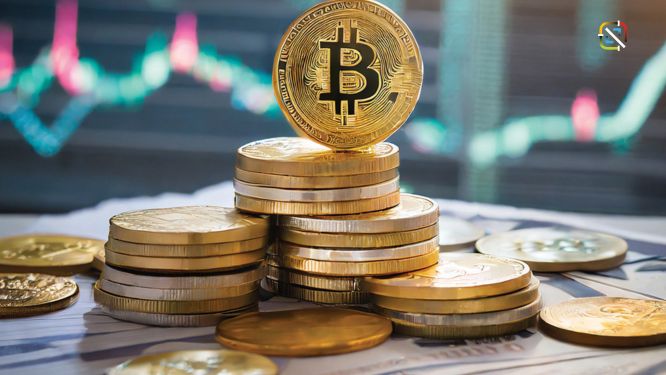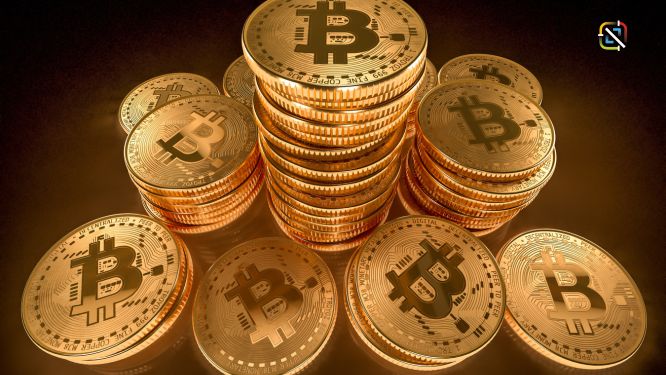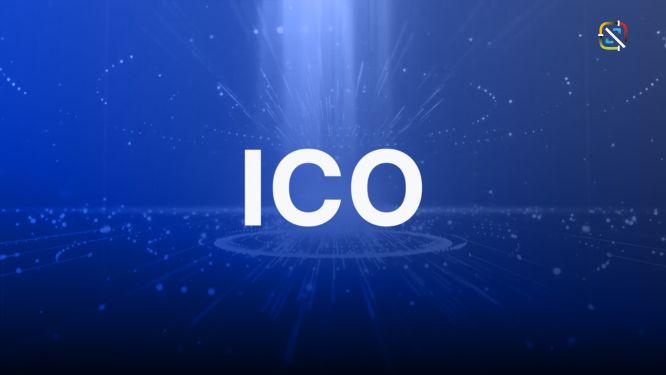
In an ambitious move to regulate the cryptocurrency market, the Indian government is preparing to unveil a consultation paper that will lay the groundwork for future crypto regulations in the country. This paper, spearheaded by the Secretary of the Department of Economic Affairs (DEA), is expected to be published between September and October and will seek extensive input from various stakeholders.
Context and Global Cooperation
Finance Minister Nirmala Sitharaman, in her statement in October 2023, underscored the commitment of the G20 nations to a unified approach to regulating cryptocurrencies. This global consensus is seen as crucial to establishing a regulatory framework that supports innovation while ensuring stability and security in the financial system.
Purpose of the Consultation Paper
The upcoming consultation paper is a strategic step towards engaging with industry experts, financial analysts, cryptocurrency enthusiasts, and the general public. The objective is to gather diverse perspectives on the optimal ways to regulate digital assets in India, which will be instrumental in crafting a comprehensive regulatory policy.
Challenges and Risks
Ajay Seth, the Economic Affairs Secretary, highlighted the inherent risks associated with cryptocurrencies, especially for emerging economies which are more vulnerable to market volatilities and financial disruptions. These concerns were also echoed in the G20 discussions, which emphasized the need for a regulatory framework that can mitigate such risks while promoting economic growth.
Recent Regulatory Moves
India’s proactive stance on cryptocurrencies became evident when it banned nine offshore crypto platforms in 2023 for violating the Prevention of Money Laundering Act (PMLA) of 2002. This list included Binance, the world’s largest cryptocurrency exchange, which subsequently made adjustments to comply with Indian regulations and registered with the Financial Intelligence Unit by the end of 2023.
Expert Opinions and Industry Reactions
The crypto community has had mixed reactions to these developments. Some view the government’s approach as a necessary step to prevent fraud and ensure investor protection, while others worry that overly stringent regulations might stifle innovation and hinder the growth of the crypto market in India.
Dr. Jayant R. Varma, a professor of finance at the Indian Institute of Management, Ahmedabad, noted that “The key to successful crypto regulation is balancing risk management with the potential for technological innovation. India’s approach can set a precedent for other nations wrestling with similar issues.“
Public and Stakeholder Engagement
The DEA has announced plans for public engagement sessions to discuss the draft proposals outlined in the consultation paper. These sessions aim to foster a transparent dialogue between the government and all interested parties to refine and enhance the proposed regulations.
Looking Ahead
As the deadline for the publication of the consultation paper approaches, the anticipation within the crypto community continues to build. The outcome of this regulatory initiative will likely influence not just the future of cryptocurrency in India but could also impact global standards for crypto regulation.
Conclusion
The Indian government’s initiative to regulate cryptocurrencies is a significant development in the global financial landscape. By seeking broad-based input and aligning with international standards, India is positioning itself as a leader in the responsible management of digital assets. The success of this endeavor will depend on the government’s ability to listen to stakeholders and adapt its strategies to foster an environment that balances regulation with innovation.























